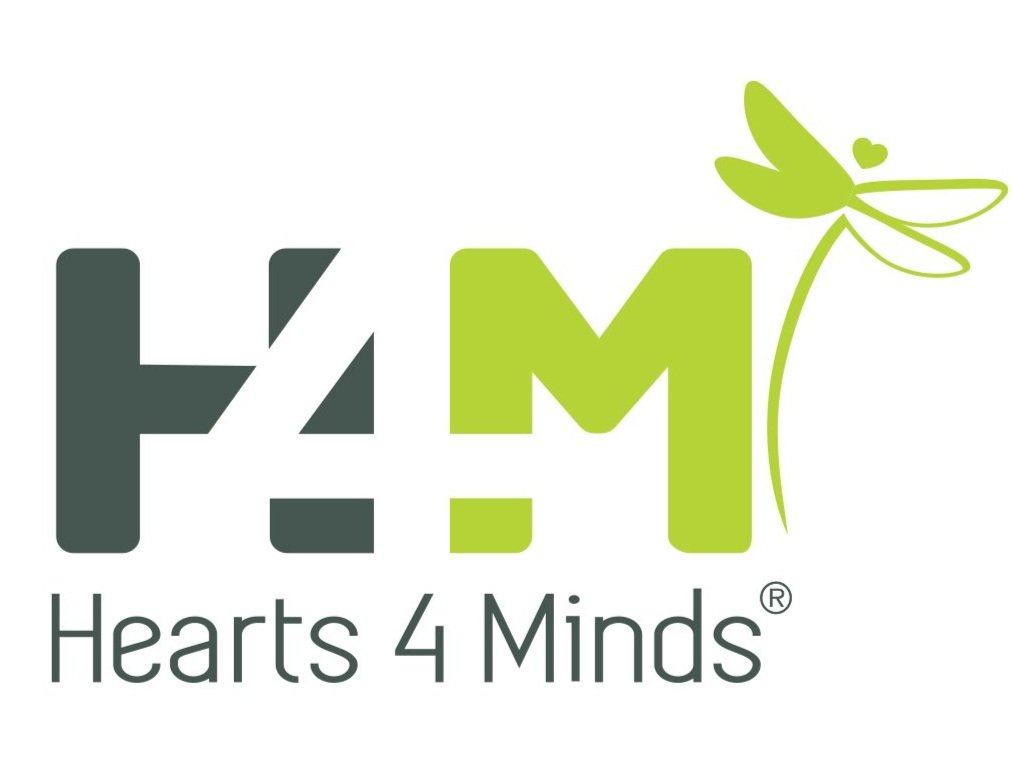ADHD TikTok Might Feel Relatable, But It’s Not a Replacement for Real Diagnosis
Social media is a powerful tool with its positive and negative sides. TikTok exploded during 2020 and has become a hub for individuals around the world to share their own personal experiences, especially relating to mental health. Millions of users have found that they can relate to others and have built communities and even in-person friendships as a result. ADHD awareness has especially become a talking point, with people sharing their symptoms and experiences. While these videos are relatable and well-intentioned, they should not be used as a substitute for a diagnosis by a healthcare professional. Let’s dig deeper into this type of content, the risks of self-diagnosis, and how to find support if you believe you are struggling with these symptoms.
Why ADHD TikTok Is Popular
The backbone of TikTok is its unique and accurate algorithm which is perfectly designed to show users content that is aligned with their interests. If a user regularly consumes and engages in specific content such as ADHD or other mental health related content, they will be served similar content. As a result, this all but guarantees that an individual will regularly see related videos from other creators. This can be helpful and help someone feel less alone, but it can also lack the necessary nuance and insight to fully understand ADHD. Someone may convince themselves and self-diagnose that they have ADHD when they actually do not.
The Risks of Self-Diagnosis
Relying fully on anything on social media can be a problem, but especially when it comes to mental health concerns. A recent study published in March 2025 evaluated the accuracy and overall quality of the top 100 #ADHS TikTok videos. Researchers found that despite the videos’ popularity (with a combined viewership of nearly half a billion views), fewer than 50% of the claims about ADHD were in alignment with the diagnostic standards of ADHD. These videos oversimplified symptoms which could lead viewers to self-diagnose their normal behaviors as ADHD.
Furthermore, 843 undergraduate students were asked about their perceptions of ADHD after being shown the top and bottom five videos. The data found that these students would recommend both the top and bottom rated videos equally. The overall study found that there is a major divide between the general population and mental health professionals when it comes to the accurate education of ADHD content on TikTok.
The risk of self-diagnosis of any mental health disorder, specifically ADHD, is one to be taken seriously. ADHD is nuanced and can only be accurately and definitively diagnosed by a licensed professional health care provider.
Raising The Importance of a Professional Diagnosis
Getting a professional diagnosis can be a long and difficult process with interviews, questionnaires, and tests so it is understandable why people prefer to self-diagnose themselves. ADHD is complex and there are specific criteria an individual must meet in order to be classified as someone with the disorder.
However, to truly get a better understanding of your symptoms and more importantly, receive help, only a trained professional can provide an accurate diagnosis. Often times other disorders can mimic ADHD symptoms such as depression or anxiety. A professional can help differentiate your symptoms and feelings to give you the most accurate information.
Finding Your Support System
This is not to say that you still cannot find comfort and support on #ADHD TikTok. The stories others share can be a great source of community and feeling “seen” in a hectic world. However, if you find yourself resonating with many of these videos, it is important to also find support from a licensed mental health professional who can help you determine if your symptoms are aligned with ADHD or another condition.
These online communities are not a substitute for professional care. If you are located in the Northeast Florida area, you can use our H4M Connect resource to connect with a local professional. You can also find support with our list of National Mental Health Providers.
TikTok and other social media platforms have broken down the stigma of ADHD and other mental health disorders. The stories shared by others around the world can be a source of comfort, but it is not a replacement for a professional diagnosis and help. If you believe that you have ADHD or are struggling with another mental health condition, we encourage you to find the right support. If you need assistance, you can check out our list of resources.
If you are interested in learning more about us, reach out to Hearts 4 Minds today! You can support us in furthering our mission by exploring volunteer opportunities, wearing our merchandise, and donating to Hearts 4 Minds.
If you or someone you know is experiencing a mental health crisis, Text LIFE to 741741. Trained therapists are available 24/7 to assist. You are not alone!

